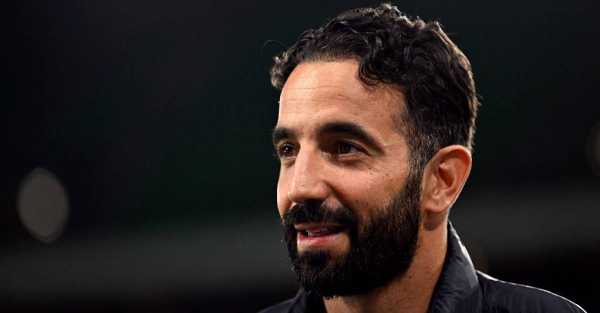
Ruben Amorim arrived at Manchester United’s training ground to start work as the club’s new head coach on Monday, but Ruud van Nistelrooy will not be part of his backroom staff.
The former Netherlands striker, who was brought in over the summer and has been in interim charge for the past four matches since the sacking of Erik ten Hag, has left the club.
Van Nistelrooy departs along with first-team coaches Rene Hake, Jelle ten Rouwelaar and Pieter Morel.
The club said they plan to announce Amorim’s backroom staff “in due course”.
A United statement read: “Manchester United can confirm that Ruud van Nistelrooy has left the club. Ruud rejoined in the summer and has taken charge of the team for the past four matches as interim head coach.
“Ruud is, and always will be, a Manchester United legend.
“We are grateful for his contribution and the way in which he has approached his role throughout his time with the club. He will always be very welcome at Old Trafford.
“Rene Hake, Jelle ten Rouwelaar and Pieter Morel have also departed and we wish them all well for the future.
“We will confirm the full men’s first team coaching composition in due course.”
Sourse: breakingnews.ie